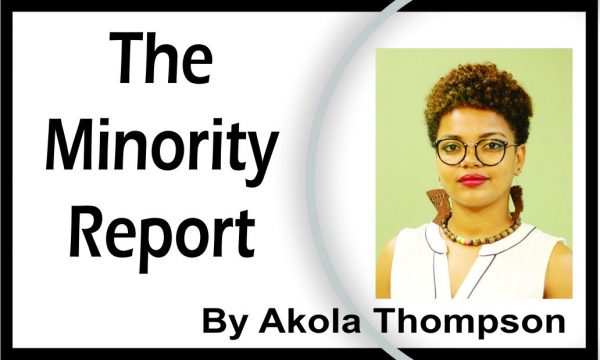
One of the most recent examples of this is seen in the case of Lashonda Ellis. She has now found herself both homeless and without a job following her stand to protect her home amidst the controversy surrounding the Mocha squatting settlement. Shortly after her home was demolished, leaving her and her young child to seek shelter elsewhere, she was also terminated from her job at the Ministry of Home Affairs for “actions that would bring it into disrepute.” This is an unsurprising response that harkens back to the PPP/C’s well-documented history of punishing anyone they deemed as not being supportive of the administration and their often anti-poor policies. Its response to these persons often veered into the realm of denigration in the media, firing from jobs and further suppression of their income. It is no wonder that many do not feel safe to speak out against government atrocities or even question them because to be in the bad books of the administration can often mean a loss of livelihood. So it is not surprising that a young woman has now found herself on the receiving end of the administration’s rod of correction, but it does speak to how insidiously corrupt and undemocratic a space we live in, that these actions are seen as just.
The justification being given for the government’s response to those who were squatting is that it is illegal. Something can be illegal and still not justify government-approved harm against those who are squatting. Did the Ministry of Housing offer relocation for the squatters? Yes. Can the Ministry be said to have acted fairly in removing those squatting from the contested lands? Absolutely not. Eliminating one’s livelihood while forcing one to accept an ultimatum is by no means commendable. Instead of focusing on utilising police force against citizens, demolishing their homes and destroying the means for them to earn, the current administration should instead focus on sustainable development programmes for those who are poor and often forced into squatting. Analyse the root causes that contribute towards it, and deal with them from a position of empathy.
In 2015, it was estimated that over 100,000 persons were squatting across Guyana. As rent prices skyrocket in our burgeoning economy, along with ridiculously high sums being called for minimum-rate land and homes, it is not surprising that people are opting for alternative housing solutions. “The biggest budget ever” was once again recently presented, and as always, it is incredibly underwhelming when it comes to the needs of the everyday person. In a time wherein food insecurity rates are steadily climbing, along with poverty, there are no measures that have been put in place to help to ease the burden of low and medium-income persons. As an economy that is mostly playing catch-up to those in more developed countries, Guyana is in a unique position to learn from a long history of bad and good economic policies ranging from housing to health. However, it seems the politically minded remain firmly poised within the long failed framework of trickle-down economics, believing that somehow making the private sector and the rich richer will positively impact the poor. As those who are poor will tell you, there are no positives for them in that scenario.
From its economic priorities to the response to citizen protests and actions, it is very apparent that this is not a government for all the people, and it can never realistically claim to have been. This is a government that prioritises above all else, capital gains and the perception of change rather than the actual work of realising it. At the very least, they should be honest about the fact that the way in which they define development, is not conducive to the prosperity and well-being of the average citizen.



